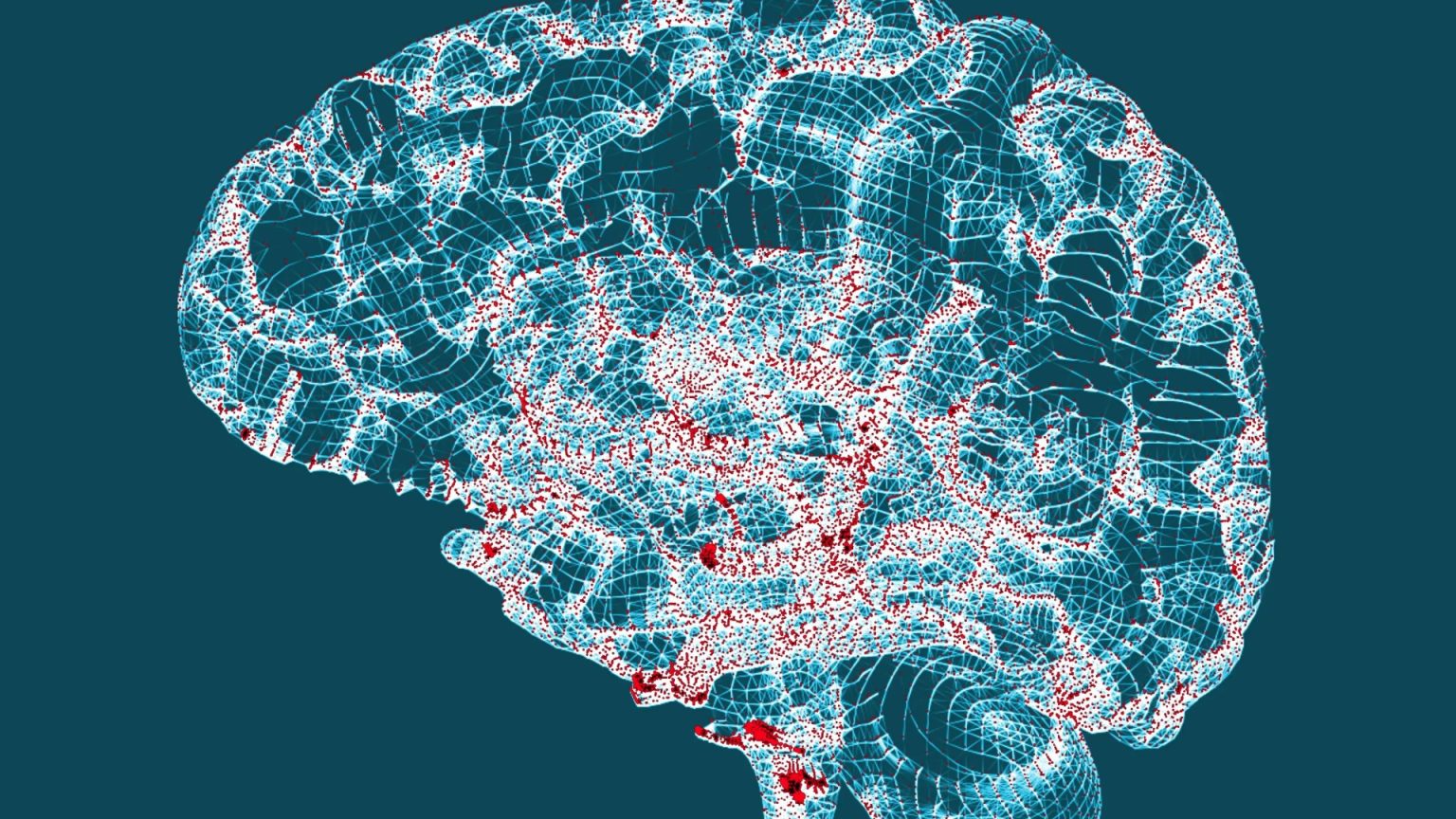Maintaining a healthy brain is a crucial aspect of overall well-being, particularly as we age. While the prospect of developing dementia, specifically Alzheimer’s disease, can be daunting, there are proactive steps we can take to mitigate the risk and promote cognitive health. Rather than focusing on unrealistic New Year’s resolutions, experts suggest adopting smaller, achievable lifestyle changes that can have a significant impact on brain health.
One of the most effective ways to boost brain health is through regular physical activity. Instead of grueling hours at the gym, short bursts of exercise, such as cycling, jogging, or even brisk walking, can be highly beneficial. Research demonstrates that even brief periods of elevated heart rate can improve blood flow to the brain, enhancing cognitive function and potentially lowering the risk of dementia. Furthermore, combining exercise with social interaction, such as joining a group fitness class or walking with friends, can amplify the positive effects, combating social isolation, a known risk factor for dementia.
Adequate sleep also plays a vital role in cognitive health. Studies have linked chronic sleep deprivation to an increased risk of dementia. Implementing a regular sleep schedule, minimizing screen time before bed, and creating a calming environment can improve sleep quality and protect the brain in the long run. Managing stress is equally important, as studies suggest a correlation between chronic stress and accelerated brain aging. Focusing on one task at a time, incorporating relaxation techniques, and engaging in enjoyable activities can help reduce stress levels and promote cognitive well-being.
Maintaining a healthy weight and adopting a balanced diet are additional key factors in preserving brain health. Obesity has been linked to an increased risk of dementia, as it is associated with other risk factors such as high blood pressure, type 2 diabetes, and social isolation. Consuming a diet rich in fruits, vegetables, and healthy fats, like those found in avocados, nuts, and seeds, can support optimal brain function. Furthermore, incorporating foods rich in flavonoids, such as berries, leafy greens, and dark chocolate, may have protective effects against dementia.
Beyond physical health, engaging in mentally stimulating activities can significantly benefit cognitive function. Hobbies such as painting, learning a musical instrument, or gardening can provide a sense of accomplishment, reduce stress, and enhance cognitive skills. Limiting screen time, particularly before bed, is also crucial, as excessive exposure to blue light can disrupt sleep patterns and potentially increase the risk of dementia. Replacing screen time with activities like reading or listening to music can offer a more relaxing and mentally stimulating alternative.
Finally, regular cognitive assessments can provide valuable insights into brain health and help identify any potential signs of decline early on. Online cognitive tests or consultations with a healthcare professional can offer reassurance or facilitate timely access to treatment options if needed. By embracing these lifestyle changes, we can empower ourselves to maintain a healthy brain and reduce the risk of cognitive decline as we age. It’s about making consistent, manageable adjustments that contribute to overall well-being and promote a sharper, more resilient mind throughout life.











